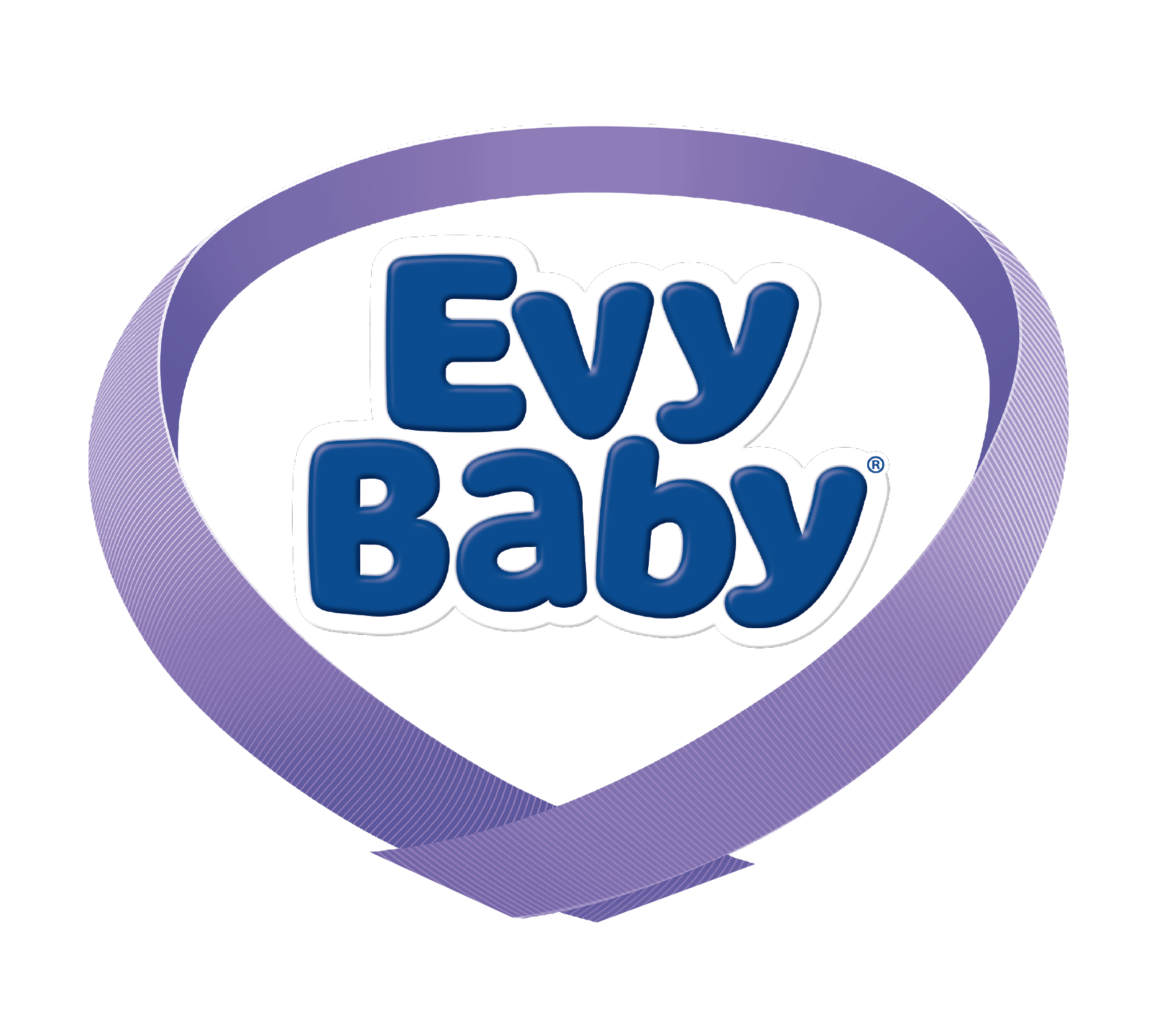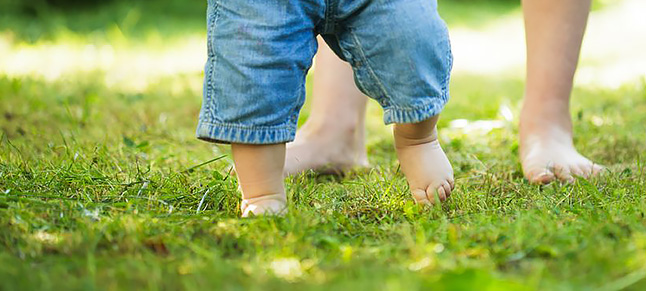

When your baby starts to walk, it is one of the most memorable moments in life. Those first step that he/she takes towards you, the extraordinary effort not to fall, the falling into your arms, that great excitement you feel and the indescribable feelings...
Before you know it, your baby, who tries to explore every square metre of the house by crawling on hands and feet, will grow up and start to stand on his/her feet and even to step forward. As you see, the main active period will start now. In this Mom’s Land article, we will guide you through the steps as your baby learns to walk, and the issues that should be considered in this process.
Each baby is different and may begin to walk earlier or later than his/her peers. Normally, babies begin walking between 12 and 18 months. However, it should be noted that an early or a late start to walking is not related to the baby’s intelligence.
Key factors that will help a baby’s walking development are the ability to stand supporting herself/himself and the ability to sit, even with assistance.
Babies of four or five months may be able to stand when you hold their hand. This is a reflex-based movement. Babies of nine or 10 months may be able to stand on their own.
During this period, some small problems associated with sleep may arise as mobility increases.
Between four and 10 months, your baby learns to sit up, crawl, and use his/her hands to learn to move step by step. Therefore, you should not expect your baby to walk immediately.
When babies try to learn how to walk, try not to be overprotective. Parents who frequently take their baby in their arms, or restrict their baby’s time on the floor because of the risk of infection, can in fact unintentionally hinder their baby's efforts to walk.
Babies need to fall in the process of learning to walk. So, when your baby falls, try not to panic: leave him/her alone for a bit, so he/she can understand by experience that it is not a bad thing. You should be close enough to your baby to let him/her know that you are nearby, but don’t interfere with each fall.
If your baby is heavier than his/her peers, this can slow his/her body movements and motor movements. Therefore, an overweight baby may experience a delay in starting to walk.
Delayed walking doesn’t necessarily indicate a neurological problem. Neurological diseases show symptoms in the first few months, anyway. If your baby cannot keep his/her head up in the third month, or if he/she doesn’t start to turn between the sixth and seventh months, and if she cannot sit without help by the eighth month, then you need to take him/her for checks.
If your baby is 18 months old and still cannot walk or is just walking on the tips of the toes, this also indicates a problem. In such a case, your baby will need to be medically examined.
If there is a problem in terms of the direction of your baby's body movements; in other words, if there are significant differences in rightward and leftward movements, this can create problems in terms of the development of walking. In such a case, it is worth getting your baby checked.
Do not reprehend or force your baby who has difficulty in walking. This will hinder rather than help the matter. Your baby's psychological state is one of the most important factors that affect walking development.
To maximise the potential of the foot and leg muscles, which are most effective for walking, it is useful to let your baby walk barefoot at home.
In babies’ walking development, the use of a walker is controversial. According to some, walkers help, but this is not proven and there are even findings to the contrary. It is suggested that walkers increase the risk of accident and cause walking on the tips of the toes. That’s why it might be better not to use a walker while your baby is learning to walk.
You can encourage your baby to walk by holding out a toy or an object he/she likes. When your baby comes to you, you should definitely give it to her – this builds confidence and helps him/her to maintain trust in you.
Avoid dressing your baby in tight or loose shoes, booties etc. when he/she is learning to walk. Such objects can obstruct the process and may even cause accidents.